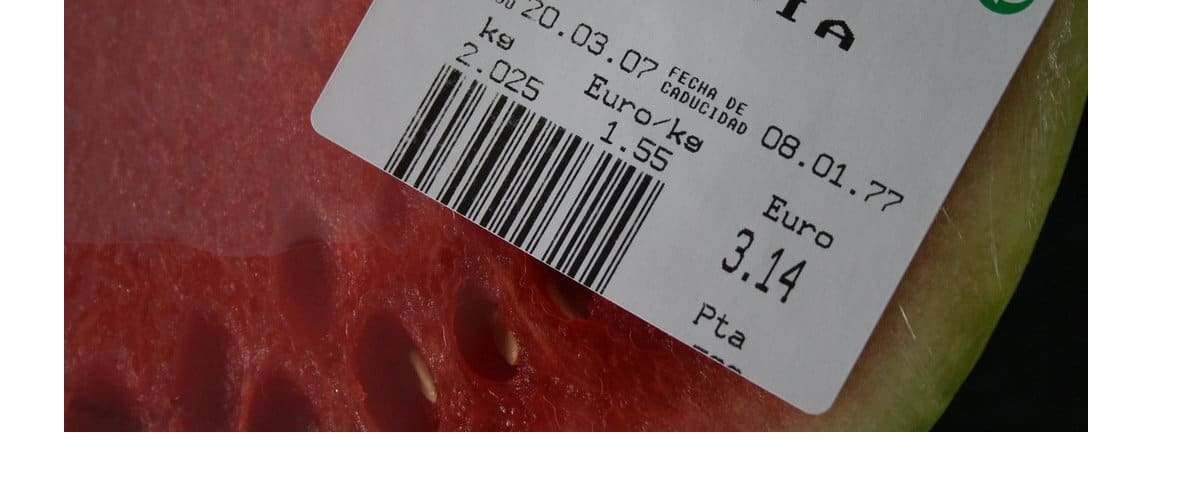
There are figures that are surprising. A person discards an average of 128 kilos of food per year for not knowing the shelf life of a food, Were you aware of it? There are those who, when opening the refrigerator and finding an expired yogurt, would immediately throw it away thinking that it is not safe to consume. But is it really so?
Ignorance influences the existence of a large waste of food that could be avoided. A social, economic and environmental problem that has promoted the use of the preferred consumption date in substitution of the expiration date in certain foods. But what is the difference?
We are sure that you are familiar with both terms, that you are used to looking for them in the products with which you fill your shopping basket, but are you clear about the difference between the two terms? Do you know the risk or non-risk involved in not respecting these dates? In Bezzia We try to eliminate all your doubts today.
Expiry date
All products with microbiological risk they must bear an expiration date. This is indicated as "expiration date" on each individual packaged portion and is accompanied either by the date itself (day, month and year), or by a reference to the place where the date is indicated.
From the expiration date it is understood, therefore, that food must be removed or discarded to avoid possible food poisoning. What if the food looks good? Although it apparently looks good, microbiologically it can be dangerous to health, and we will not be able to verify it sensually.
Best before date
The label "best before the end of ..." or "best before ..." therefore indicates greater flexibility than the "expiration date". Can the products that have passed the best before date be consumed then? The recommendation of the Spanish Agency for Food Safety and Nutrition recommends before consuming them check first that the food container is intact and then check that the food looks good, smells good, and tastes good. If so, then it can be safely consumed.
Are the products still being marketed after the best before date? No. The preferred consumption date limits the period in which the product is marketable, so it is removed from the point of sale.
Conditions of conservation
The aforementioned only has heat if the conditions of conservation and use of a food are respected, as well as the limit date of consumption once the container is opened. Respecting these conditions always indicated on the product is essential to guarantee the safety of a specific food. In case of not doing so, and regardless of its expiration date or of preferential consumption, the food in question could have negative repercussions on your health.
Not all products are required to carry indications about their preferred consumption or their expiration date. Among them we find products whose consumption is planned for a short period of time and little deterioration is evident, as is the case of fruits, and products with a very long shelf life with characteristics that favor their own conservation, such as vinegar. Alcoholic beverages, bakery and confectionery products, fruits and vegetables are some of the broadest food groups in this category.

